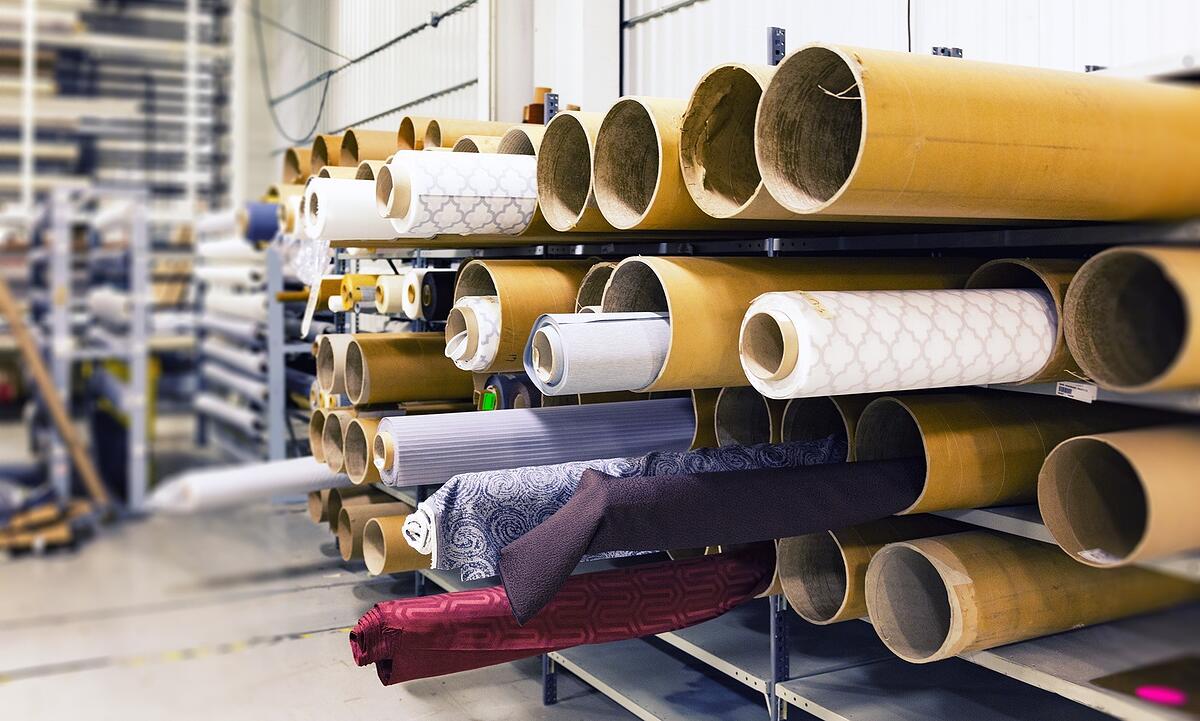Does A Clothing Manufacture Factory Willing Work With a Young Apparel Brand?
Sep 14, 2021
Does A Clothing Manufacture Factory Willing Work With a Young Apparel Brand?
While During Such A Special Time: COVID-19 pandemic.
The Great Shutdown has disproportionately affected the apparel sector. End-consumer retail sales are heavily disrupted as most shops are currently closed in many important consumer markets.
For whole World, consumer apparel expenditures decreased by 90% in March 2020, with clothing sales expected to remain low in the months to come since consumers with full wardrobes regard clothing as non-essential. Online purchases can only partially compensate, if at all.
From Some Organization of Survey, that online sales have declined 5% to 20% across Europe and 30% to 40% in the United States.
As Apparel factories are crowded places, most countries have asked companies to close temporarily or, in case they still have to finish orders, to re-arrange production lines to respect the required distance between workers.
Consequently, many clothing manufacturers had to close down - for example, 80%-90% of all factories in Madagascar, Morocco or Tunisia, India, till now 2021. China is the only choice for many brands now to produce OEM clothing with in-time delivery.
People always trust: Each crisis spurs structural changes and opportunities.
Structural changes are likely to accelerate, leading to further consolidation (fewer and larger brands/retailers with the financial muscles to survive the crisis). Larger buyers will deal with larger factories, therefore putting an additional constraint on micro and small businesses. To respond to this accelerating trend, small businesses need to diversify into high-value added products with small production runs and fast delivery, while further improving efficiency in producing basic items.
Corporate social responsibility might also need to be adapted.
Important differences in the ethical buying behavior are becoming very apparent in the way brands and retailers are either simply dropping their suppliers or trying to confront this crisis in a more collaborative manner.
It is indeed time to rethink the way brands and retailers share the value along their supply chain. That starts with changing the belief of sourcing executives and buyers purchasing clothing in developing countries as well as of many manufacturers that the only way to remain competitive is to continually reduce free-on-board costs. Brands and retailers need to work together with their suppliers to offer products that consumers are willing to pay at non-discounted prices. Brands and retailers then need to share the retained value more equally with their suppliers.
The present crisis will especially hit clothing manufacturers and their workers in developing countries along the value chain. However, each crisis offers opportunities if handled well: companies need to address the shortcomings that were already visible before the crisis. Brands and retailers need to embrace their suppliers as partners beyond the corporate social responsibility rhetoric. Together they can deliver the products consumers really desire and value while sharing the profit more equally.
Tengjie Factory provide full service for outdoor apparel brands, not matter mature brand or non-mature brand with 100 piece garments.
Don’t know how to do it? Please send us the mail.

